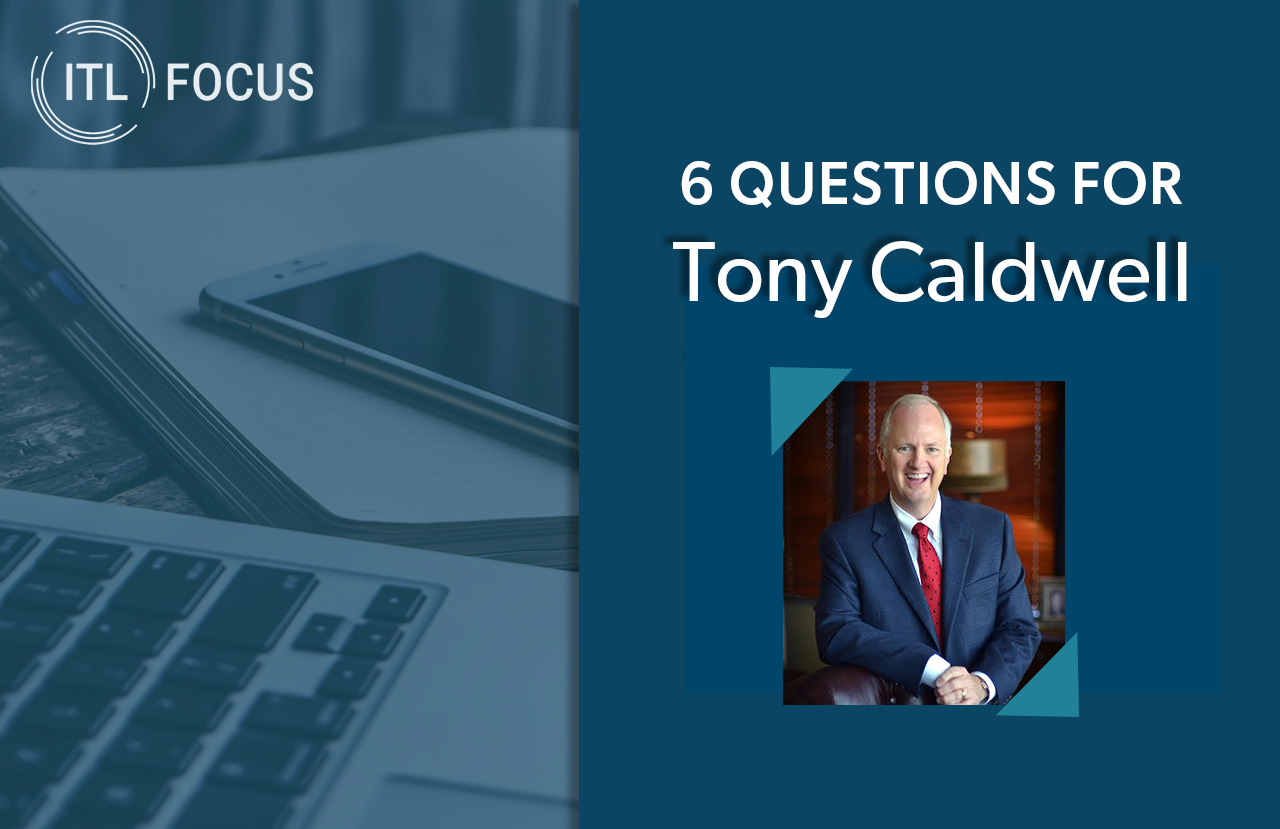The independent insurance agency industry is being disrupted, but the disruption is not necessarily coming from the place everyone fears, which is technology. The sustained boom in agency acquisitions by large national brokers, regional agencies and especially private equity organizations is, in effect, hollowing out the middle of a traditional industry. In fact, my recent discussions with industry experts suggest that if the pace of recent agency acquisition continues, the remaining “investable” agencies could be depleted in just four years.
The acquirers are bringing increasing financial sophistication and technological capability to the industry to earn a return on the increasingly high prices they are paying for the underlying asset. This fact has important implications for agency owners who are interested in preserving the legacy of their business by not selling to a larger organization: To remain competitive and maintain traditional profitability levels, locally owned independent agencies must match the big organization’s sophistication.
The biggest difference between private equity or other acquirers fueled by the stock market and locally owned agencies is their ability to gather, analyze, manipulate and use data to improve their operations, cost structures and organic growth. There are two pieces that agency owners need to understand. The first is the human capital capability for analysis and decision making; the second is the systems, software and other capabilities these organizations invest in to provide the data and analytics they need. Let's begin there.
Data-Driven Change
For an agency to grow beyond a couple of million dollars of revenue, it needs a deeper understanding of the books of business and clients. As agencies grow, they tend to make increasing use of their fundamental software system, the agency management system (AMS). However, that is just the beginning point for an agency fueled by private equity. Such agencies also use software like Risk Match, which tells them at the account level what carriers will pay them for the business they're writing and how individual accounts will afect profit sharing. This granular data and analysis helps large agencies make very sophisticated decisions about the business that they will and will not write, as well as where they place it in the companies they represent.
Systems like this also give tremendous insight into carrier compensation, which increasingly sophisticated operations are able to use to negotiate arrangements that are tailored to their individual operations. These software tools not only assist the agency’s organic growth but also facilitate reductions in expenses through greater marketing efficiency.
See also: Of Independent Agents, Heirloom Tomatoes
Private equity-owned and similar organizations also use sophisticated customer relationship management (CRM) programs customized for their operations. These programs manage sales teams and prospecting activities much more intensively than small agencies and gather data to reach potential clients with very targeted marketing messages. This capability, along with flexible teamwork, improves client acquisition.
Increasingly, private equity-funded agencies are also purchasing services and software that until recently were only the purview of carriers. The agencies are able to purchase data and analytics from third-party providers to gain additional insight into their existing books of business and also opportunities in the niche markets they choose to serve.
These firms are also investing huge sums of money to give clients what they want, which increasingly is the ability for self-service. While many independent agencies are using off-the-shelf capabilities provided by their AMS, the private equity firms are opting for a bespoke approach with the understanding that the incremental capability they are able to deliver clients will help them increasingly win and retain business.
In addition to opting for self-service technologies, larger agencies are rapidly adopting what many local independent agencies continue to shun. That is the use of account servicing technologies like CSR 24/7, insurance operations and business process solutions providers like Resource Pro and even company service centers to drive down expenses. These large agencies recognize they must take an aggressive approach to cost-cutting to generate the profits necessary for an adequate return on their investment. Once the returns have been realized, these efficiencies contribute to capital and the capability to acquire even more business.
Finally, large, well-funded private equity groups are able to bring to the party sophisticated human resources required to make the best use of this technology from an analytical point of view. Simply put, because of their size, these groups can hire data scientists and data experts to inform better, more sophisticated decisions. The groups expect staff in the acquired agency to use the technology, the data and analytics; increasingly, those who don't will have no place in these organizations.
The Agency Bottom Line
What all of this implies for the independent agency that intends to remain independent is the need to make increasing investments in similar capabilities. The challenge for smaller organizations is the cost of these human and technical capabilities, which is exacerbated by the fact that the technical capabilities are expanding at an exponential rate and that agencies can no longer assume that software they purchase will have a useful life beyond the time it takes to pay for it.
Increasingly, to remain competitive, agencies will have to make investments, not knowing in advance what the return will be. The good news is that, for the vigilant and adaptable organization, much of this technology will become increasingly less expensive. However, the fundamental choice remains for agencies: Are you willing to adapt at a rapid rate to remain competitive with much larger organizations that have a local presence in your community, or will you attempt to grow your business by either moving down market or reducing your historical profitability?
See also: 4 Keys to Agency Modernization
In many ways, the independent insurance agency industry has not fundamentally changed in the last 100 years. Yes, we are using computers to do faster what we did with typewriters 50 years ago, and by hand before that. But we are still doing things essentially the same way. Today, though, sophisticated data analytics, automated submission systems, outsourced service capabilities, dynamic self-service and other technologies — along with increasingly sophisticated human capabilities — being brought to the industry by private capital are making fundamental changes to the traditional industry.
Agency owners are, therefore, increasingly faced with the difficult choice of selling to one of these organizations and giving up their traditional independence, accepting lower profit margins in an attempt to hang on or embracing similar technologies in a renewed effort to compete in a changing business. For agencies, the question is: Which choice will you make?








